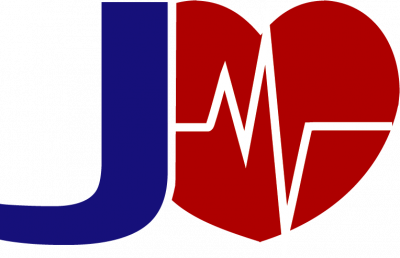Chickenpox
Last updated: 6 Aug 2024 | 5441 Views |


![]()
Chickenpox
Chickenpox (also called varicella) is a highly contagious virus. Diseases that affect the skin and mucous membranes Most cases occur in young people, most often in children 2 to 8. In adults, the illness is more severe and lasts longer. A person will develop immunity or resistance to chickenpox when first infected. Some people develop shingles. When immunity is weakened, varicella-zoster vaccination It can prevent chickenpox and shingles.
symptom
They occur 7 to 21 days after exposure to the virus, such as mild fever, runny nose, mild cough, headache, tiredness and no appetite. Red spots that appear on the body 2 to 3 days later develop into an itchy rash that forms blisters that burst. Dry and scab over 4 to 5 days later, a person may have 500 or more blisters. Chickenpox is usually contagious 1 to 2 before the rash and up to 6 days after the blister ruptures. The wound can occur in the mouth, ears, eyes as well.
diagnose
Diagnosed by taking a history and physical examination to look at the appearance of the rash.
Things to do
![]() Tell your doctor right away if you are pregnant and think you have chickenpox.
Tell your doctor right away if you are pregnant and think you have chickenpox.![]() Wash your hands regularly. wash bed linen and just put on the clothes with hot soapy water
Wash your hands regularly. wash bed linen and just put on the clothes with hot soapy water![]() Keep your nails short to prevent scratching and avoid infection.
Keep your nails short to prevent scratching and avoid infection.![]() Get enough rest, use non-aspirin when you have a fever.
Get enough rest, use non-aspirin when you have a fever.![]() Notify the school and parents of close classmates.
Notify the school and parents of close classmates.![]() Use antihistamines and cool sponges. to reduce itching
Use antihistamines and cool sponges. to reduce itching![]() See your doctor if your temperature is above 101 (F), or if you have weakness, headache, or sensitivity to light.
See your doctor if your temperature is above 101 (F), or if you have weakness, headache, or sensitivity to light.![]() You should see a doctor immediately if you have vomiting. restless and irritable and lethargic
You should see a doctor immediately if you have vomiting. restless and irritable and lethargic![]() Chickenpox vaccination should be given to people who do not have the disease.
Chickenpox vaccination should be given to people who do not have the disease.
don't do![]() Do not scratch the blisters or flakes.
Do not scratch the blisters or flakes.
![]() Do not come in close contact with pregnant women, newborns, the elderly, people or people with low immunity.
Do not come in close contact with pregnant women, newborns, the elderly, people or people with low immunity.
![]() Do not let infected children go to school or nursery for at least 6 days after the occurrence of blisters.
Do not let infected children go to school or nursery for at least 6 days after the occurrence of blisters.
![]() Do not give aspirin to children under 16 because of the risk of Reye's syndrome.
Do not give aspirin to children under 16 because of the risk of Reye's syndrome.

Related content
Child safety
30 Sep 2025
Testicular Torsion
19 May 2021
Hand, Foot, and Mouth Disease
12 Mar 2021
UNDESCENDED TESTICLE
19 May 2021










